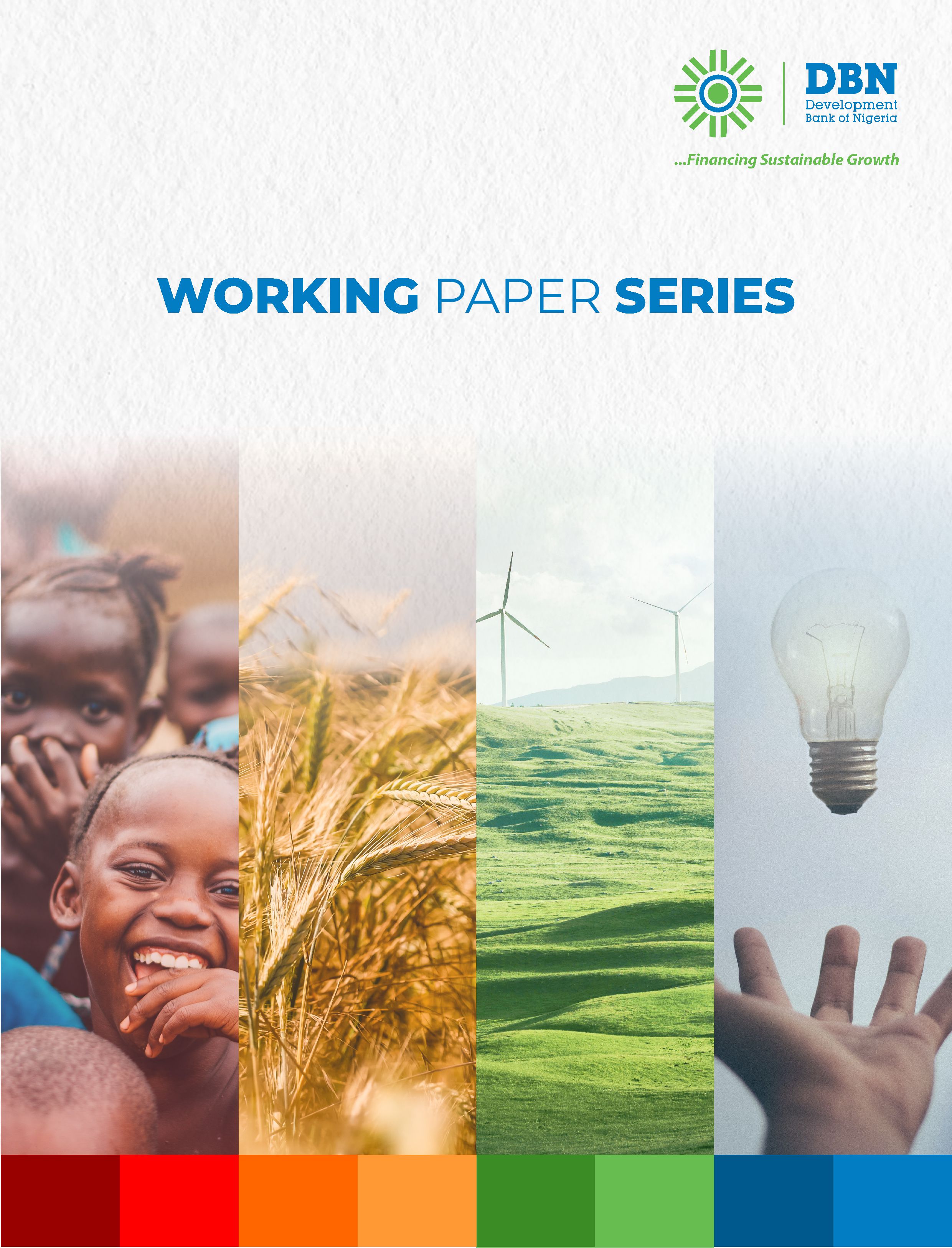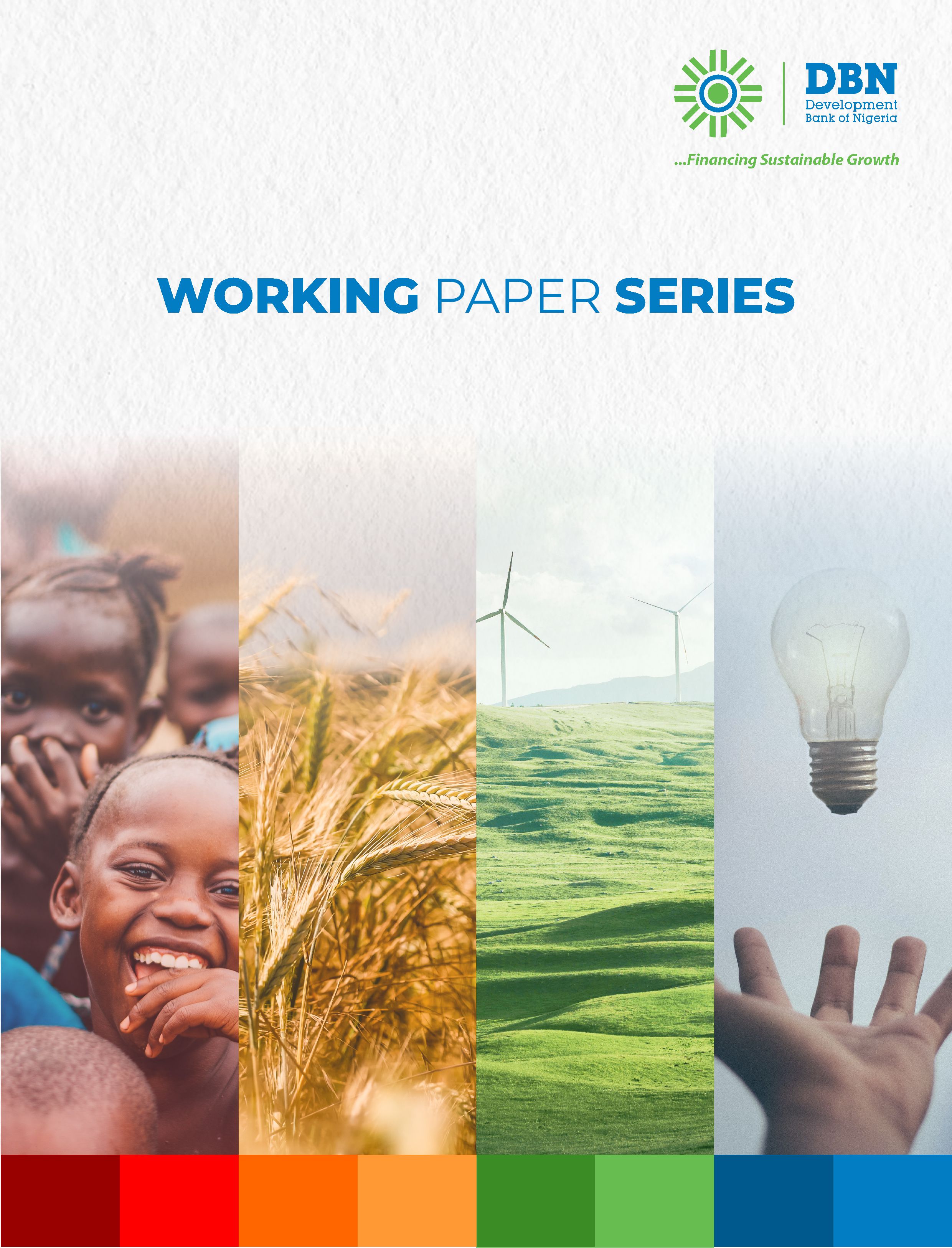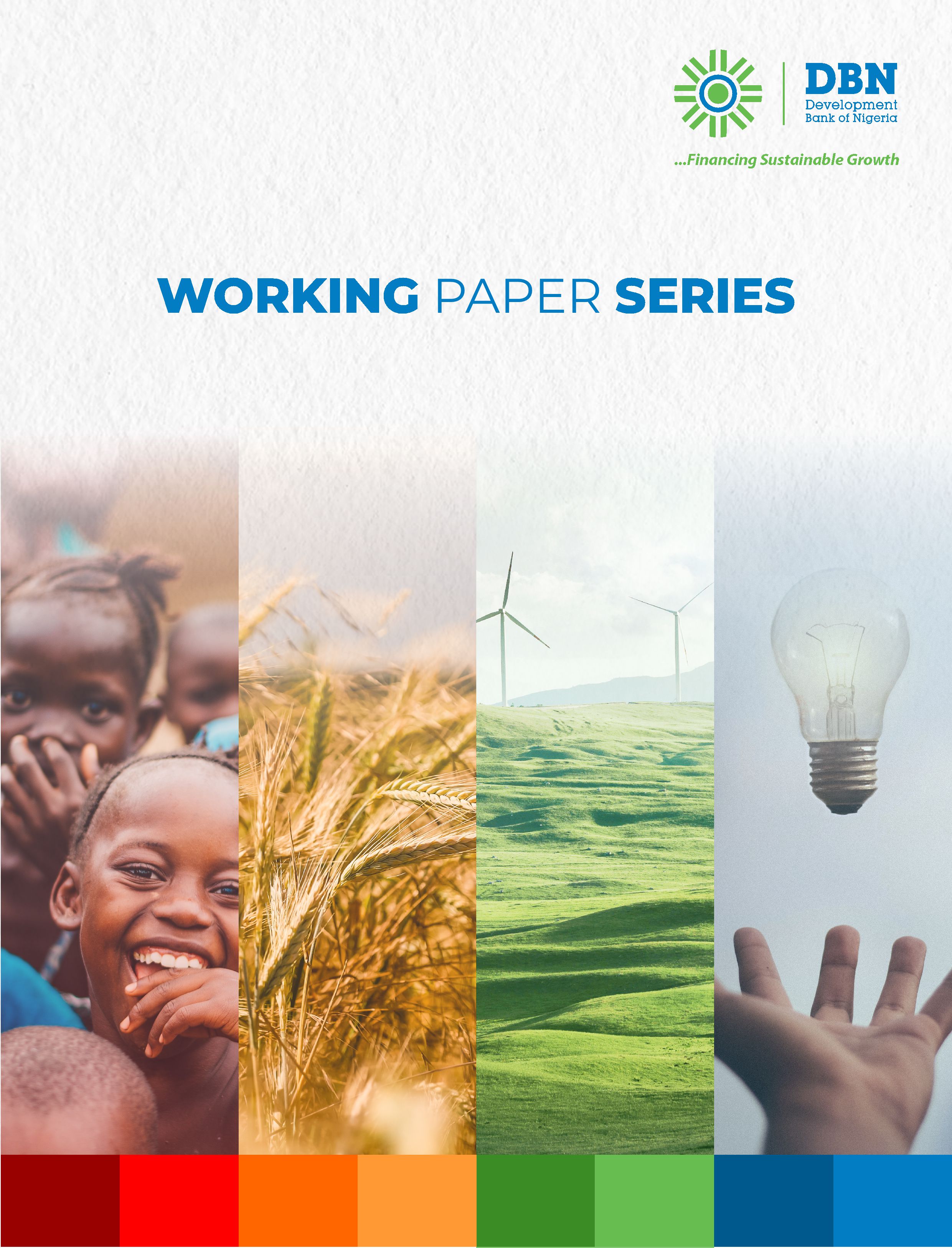
Publication Information
Published by: Admin
Published: 2 years ago
View: 265
Pages: 29
ISBN:
Abstract
This study addresses the issue of financial innovation in developing countries, focusing specifically on the role fintechs have in closing the gender gap of financial inclusion in Sub- Saharan Africa (SSA) over the period 2011-2017. The empirical evidence is based on the multilevel tobit regression model fitted to panel data. The results of this study show that fintechs reduce the financial inclusion gender gap by mitigating the gender gap in access to and use of financial services. Furthermore, they cast doubt on the ability of fintechs development to bridge this gap on its own, and hint on the joint importance of targeted policy initiatives aimed at directly closing the gender gap to this end. These findings have important economic policy implications and provide evidence of improved economic conditions for women in terms of financial inclusion leading to a narrowing of the gender gap.
Simplice A. Asongu Prof
Aurelien K. Yeyouomo
Related Publications


VOLUME 6 ISSUE 2 2023
FINTECHS AND THE FINANCIAL INCLUSION GENDER GAP IN SUB-SAHARAN AFRICAN COUNTRIES

